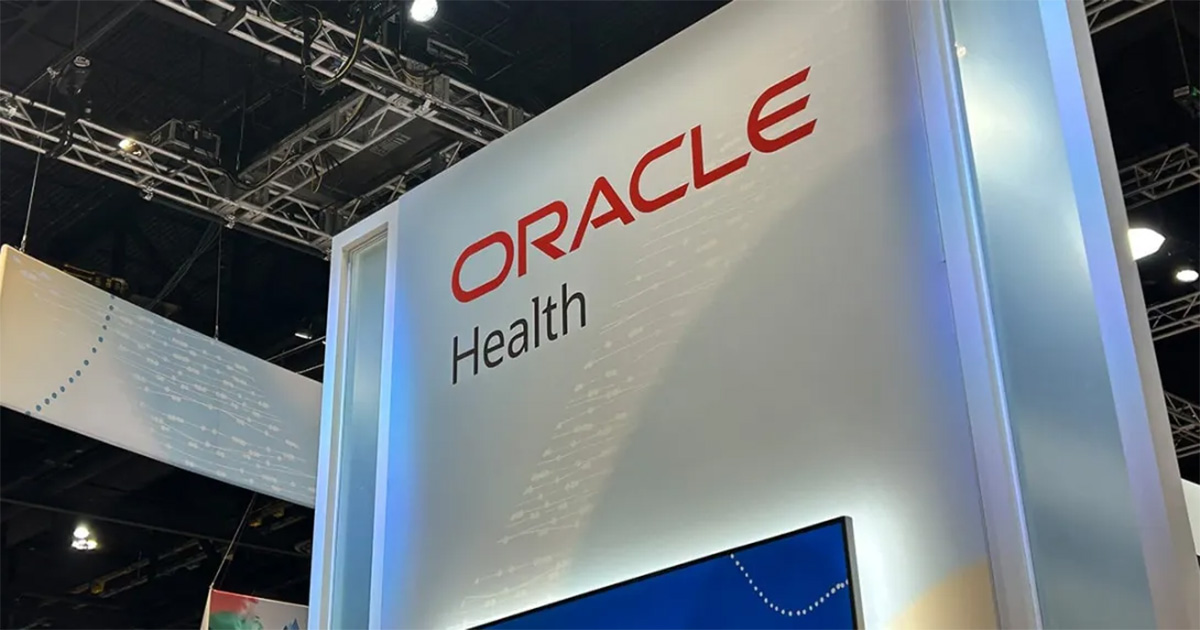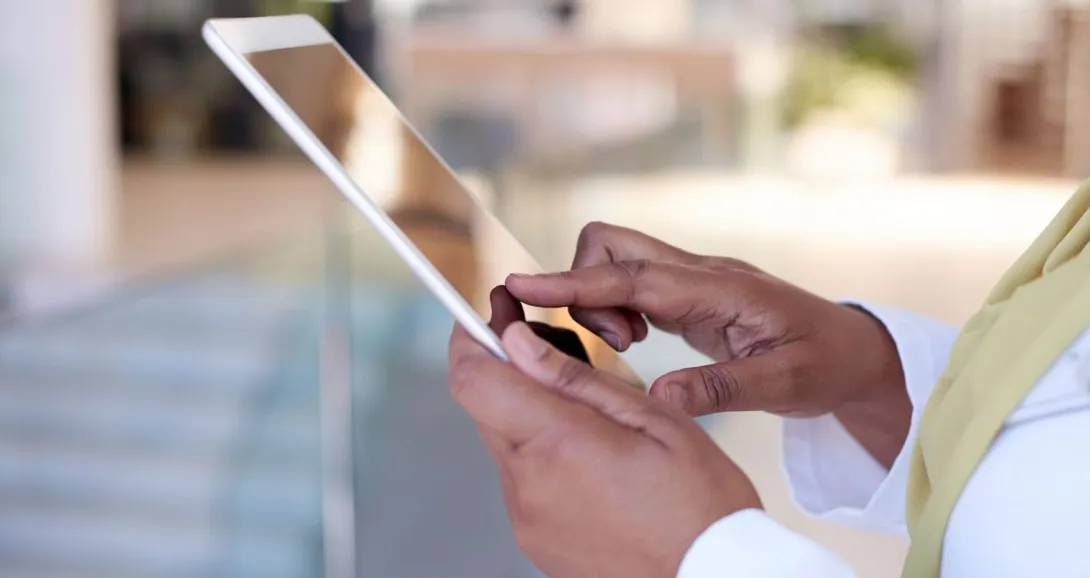With concern high over surge capacity associated with a potential H1N1 outbreak or terrorist-related emergency, the Inova Health System recently completed a full-scale drill to test its response to an emergency.
The Fairfax, Va.-based health system tested the eICU's ability to handle in emergency triage, management of patient population and surge capacity for the critically ill during a medical emergency in the metropolitan Washington D.C. region. The drill was part of the largest full-scale exercise of its kind in the region, involving 18 hospitals and emergency departments and hundreds of police officers, fire and rescue personnel, FBI agents, hospital workers, community representatives and volunteers.
The Sept. 26 drill was supported by the Northern Virginia Hospital Alliance to simulate how area hospitals would react in the event of a terrorist attack or natural disaster. During the drill, disaster planning personnel posing as patients arrived at Reston Hospital Center, Mary Washington Hospital and Inova Alexandria Hospital to test the capacity of these hospitals to coordinate resources in response to multiple terrorist attacks
Inova executives say the drill demonstrated how advanced telemedicine programs – in this case the Philips VISICU eICU program – can help hospitals deal with a surge in trauma patients by isolating and centralizing critical specialist resources away from the source of viruses and dangerous conditions that may be causing the crisis.
"The eICU program enables remote access to intensivists and trauma surgeons outside the area of emergency impact," said Zachary Corrigan, executive director of the NVHA. "Using the eCareMobile units with remote monitoring from the eICU center, we can take full advantage of off-duty surgeons to help triage and stabilize patients while prioritizing those most in need of transfer."
"During a disaster, a trauma patient may not be able to transfer to Level 1 trauma centers due to surge capacity or transportation limitations," Corrigan said. "This drill demonstrated the eICU program's ability to minimize these constraints to more effectively deal with the surge in demand."
Terry Davis, a nurse and patient care director at the Inova Health System's enVision eICU Center, said, "eCareMobile allows the clinical team to bring the eICU technology to areas of greatest need during a medical emergency. The eICU clinical team can provide secondary decision support, triage and physician consultation."
"During the mass casualty drill, we gained first-hand experience in managing the increased demand on a Level 1 trauma centers faced with a large-scale trauma emergency," Davis added. "With eICU technology, we can help manage the surge capacity demand and minimize transfers by bringing the Level 1 trauma expertise directly to the patients."


